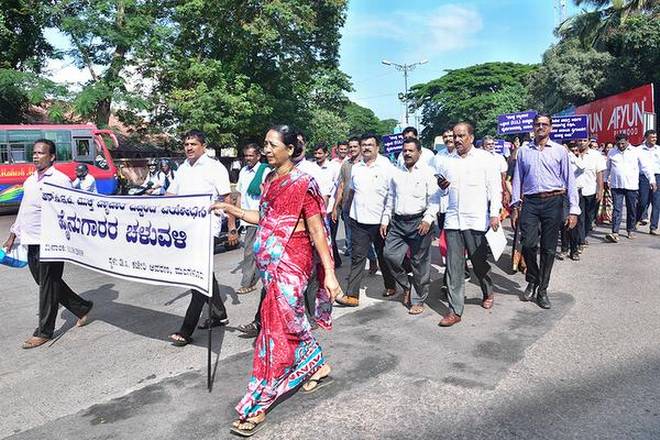RCEP ministers fail to reach agreement

Bangkok Post - 02 November 2019
RCEP ministers fail to reach agreement
Ministers from 16 Asia-Pacific nations failed to reach an agreement on creating the world’s largest free trade area at their meeting on Friday, a Thai negotiator suggested, but some are optimistic about the chances of a deal by year-end.
A senior Japanese government official told reporters in Bangkok that leaders of the Regional Comprehensive Economic Partnership will release a "joint statement" after their summit scheduled for Monday, although he provided no details.
According to a high-ranking official familiar with Friday’s dialogue, the ministers made "big progress."
A source close to the matter also told Kyodo News after the ministerial meeting that senior officials from the 16 countries are expected to continue negotiations on Saturday in an attempt to put the final touches on the statement.
There is optimism that the Asia-Pacific nations will propose that their leaders announce an agreement at Monday’s summit, the source said.
But the conclusion would be "like a preliminary" one as there are still two months left this year to negotiate the details, the source added. The 16 countries have been trying to clinch an agreement by the end of this year.
The Japanese government official indicated that the RCEP members will continue talks even after the release of the joint statement at the planned summit.
All eyes are on whether some nations such as India and Indonesia — which are believed to be wary about drastically opening their markets — will make concessions to realise the mega free trade zone.
The 16 members have concluded negotiations in 18 of around 20 areas, but apparently have yet to agree on key fields including tariffs, trade in services, market access and investment.
India has been reluctant to lower its trade barriers, as the country has suffered massive and chronic trade deficits with China for many years, Japanese government sources said.
If the free trade area — which would cover half of the world’s population — is put into practice, trade and investment activities among RCEP nations would intensify on the back of measures like the elimination and reduction of tariffs.
In India, however, there is concern that the free trade deal would result in an influx of cheap agricultural and industrial products such as smartphones from China, further increasing the trade surplus of the world’s second-biggest economy, the sources said.
China, meanwhile, has been eager to conclude the RCEP as soon as possible, as the country’s economy has been slowing down against the backdrop of a tit-for-tat tariff trade war with the United States, the sources said.
Beijing also sees RCEP as an important step to achieve Chinese President Xi Jinping’s "Belt and Road" initiative for the development of infrastructure and trade across Asia, Europe and Africa — touted as a modern Silk Road economic zone.
The RCEP, covering a third of the global economy, has repeatedly missed deadlines amid the differing ambitions of its members, which include the Association of Southeast Asian Nations. The talks were launched in 2013 and the initial goal was to wrap them up in 2015.
Japan ’s new trade minister Hiroshi Kajiyama skipped the ministerial meeting on the Asia-wide free trade deal to attend parliamentary deliberations at home.
Kajiyama has decided to focus on domestic matters after his predecessor abruptly resigned last week over a money and gift scandal. Senior vice trade minister Hideki Makihara took part in the gathering in place of Kajiyama on Friday.
RCEP brings together Australia, China, India, Japan, South Korea and New Zealand, as well as the 10 Asean countries.





